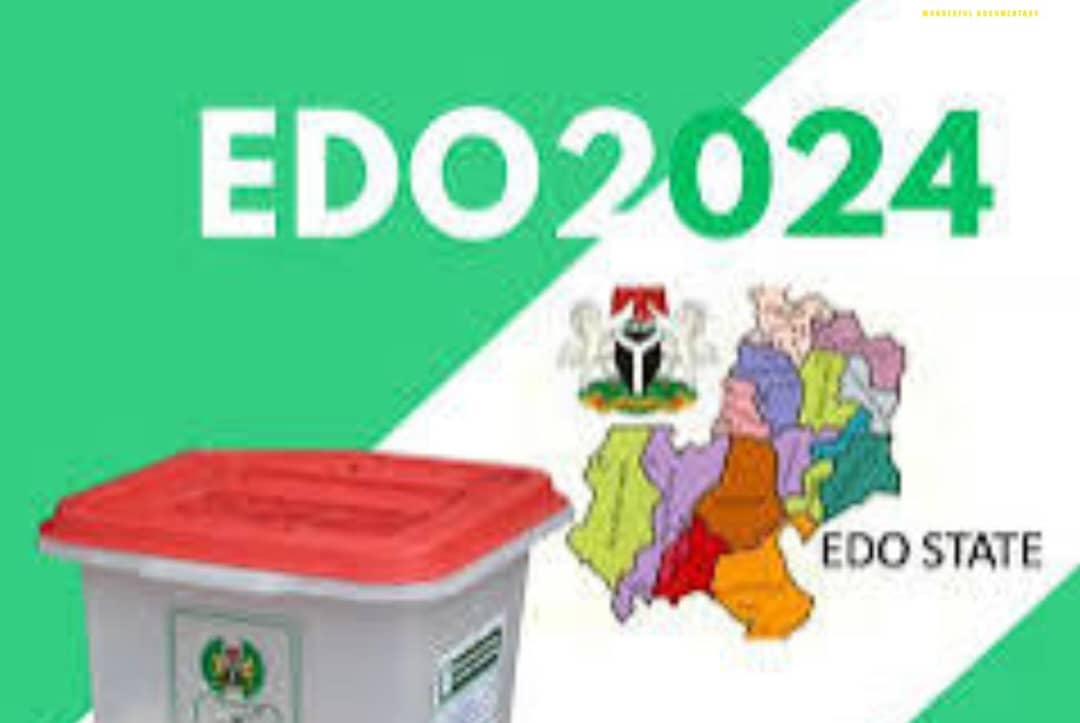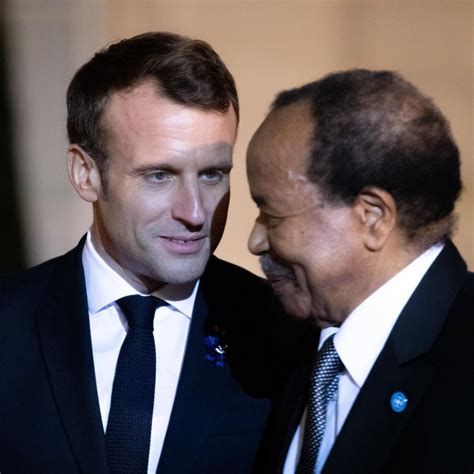By Maureen Chigbo
The Edo State Gubernatorial election on September 21, presents another opportunity for the Independent National Electoral Commission (INEC) to burnish its image tainted by the highly disputed 2023 general elections.
Some 2,629,025 registered voters will cast ballots for their choice of candidates from 18 political parties participating in the 2024 Edo polls.
The three front-running parties are the ruling party in the state, the People’s Democratic Party, PDP, All Progressives Congress, APC, and the Labour Party, LP.
As part of its preparations, INEC has conducted a mock election to test run the BVAS and IREV devices, with verification of the names of agents, and also held meetings with other stakeholders, promising to use technology to ensure a transparent and credible electoral process.
INEC Chairman Prof Mahmood Yakubu, at a stakeholders’ meeting on September 11, promised to respond to issues and concerns in the political process, noting that preparation for the Edo election started last year with the release of the timetable.
“In our commitment to transparency, the Commission has made available soft copies of the entire register of voters to each political party fielding candidates in the forthcoming election,” he said.
The commission has also promised to publish the detailed breakdown of PVCs collected for each of the 4,519 Polling Units across the State, he said, adding that all uncollected PVCs will be mopped up from the 18 Local Government Areas and warehoused in the Central Bank of Nigeria until after the governorship election.
Prof Yakubu reassured stakeholders “that INEC is ready for the election. We are deploying the BVAS machines for voter accreditation at polling units and the upload of results to the INEC Result Viewing (IReV) portal.”
He emphasised that an election is a multi-stakeholder activity and that the 2024 Edo State Governorship election is not just a national election, it is also of global interest.
INEC has accredited 134 groups (124 domestic and 10 international) deploying 1,836 observers across the State. The commission also accredited 114 media organisations deploying 721 journalists, and thousands of agents representing candidates and political parties at the 4,730 polling and collation locations are made up of 4,519 polling units, 192 Ward collation centres, 18 Local Government collation centres, and the State Collation Centre.
Despite INEC’s attention to fine details, there have been complaints about its key officials manning the election in Edo States. PDP has been strident in its complaint about the resident electoral commissioner in the State who is allegedly a protégé of Nyesom Wike, minister of the Federal Capital Territory, who has been at daggers drawn with PDP.
The PDP has also complained that the Nigerian Police Force has sent its officials from Abuja to pick up key party personnel before the election.
There is, therefore, the need to allay the fears of the PDP and all the stakeholders that both INEC officials and the police will eschew partisanship and allow credible elections in the state. The police should also swiftly deal with the viral video of a partisan spy policeman which casts doubt on the process.
INEC must address issues raised about the resident electoral commission and put measures in place to ensure that Edo people’s votes count, in determining who should govern the state.
There is an absolute necessity for INEC to use the Edo governorship election to erase the crisis of confidence from the 2023 general elections.
Before those polls, INEC had assured Nigerians that it would conduct free and fair elections. All stakeholders including the media and civil society organisations bought into the idea and assisted the commission in various political activities to deliver on its pledge.
Indeed, INEC further raised public hope by marketing the importance of BVAS and IREV technology to guarantee the sanctity of votes, thereby further raising public expectations.
Mike Igini, the fiery former INEC resident electoral commissioner, who served in Cross River, Akwa Ibom, and Bayelsa States, was among the disciples of the INEC technology.
Nigerians trooped out in large numbers to vote, but the outcome disappointed many, particularly those whose parties were declared losers by INEC.
Some International Observation Groups issued scathing reports condemning the electoral process, especially the result transmission and lack of transparency with the BVAS and IREV despite INEC assurances.
The commission’s “technical glitches” excuse did not impress its critics.
It is difficult to determine what happened but calls from several quarters for an inquiry into the episode have not yielded any result.
The conduct of the 2023 presidential election left a sour taste in the mouth, even Igini in his reflection said: “I can understand the feelings of extreme disappointment, pain and frustrations of fellow countrymen and women particularly youths, over what was promised and the painful experience they went through during the elections and their unmet expectations.
“We are in these agonizing moments of pain together. l …am still in shock over the level of deviation from established laws, issued guidelines, and procedures that we all signed into and that I leveraged, honestly and faithfully to call on Nigerians to participate fully to determine their leaders. I will never be part of any plot or design to deceive Nigerians, may such a day never come in my lifetime,” he affirmed.
Continuing, Igini said: “We saw video clips of thugs stationed at polling units that prevented citizens from voting, the commission’s (INEC) poll officials announcing to voters that they would not upload election results from polling units and that whoever would not want to vote on that condition, could go away.
“They took a cue from what happened in the first round of elections, wherein, out of the three different elections conducted on the same day, only presidential results could not be uploaded from the polling units.
“This was what overshadowed every other success of the BVAS, given that the presidential election is the most coveted office that Nigerians and the whole world were interested in its outcome and the reason many Nigerians abroad bought expensive flight tickets to travel back home to vote, yet many of them couldn’t vote on that day. I would have said no sacrifice is too much to make for your country but is it the kind of sacrifice that we want from citizens in the form of disappointment, pain, and frustration?” the former INEC official asked.
The Edo election is therefore a test case for INEC to redeem its image and restore the confidence of Nigerians and the international community in the country’s electoral system.
Chigbo, a Journalist and Publisher wrote from Lagos
![]()








